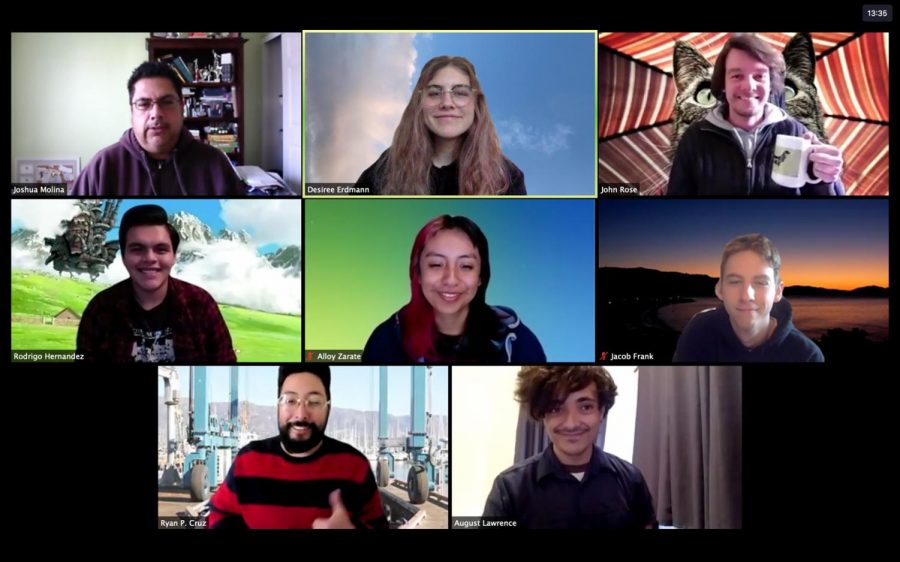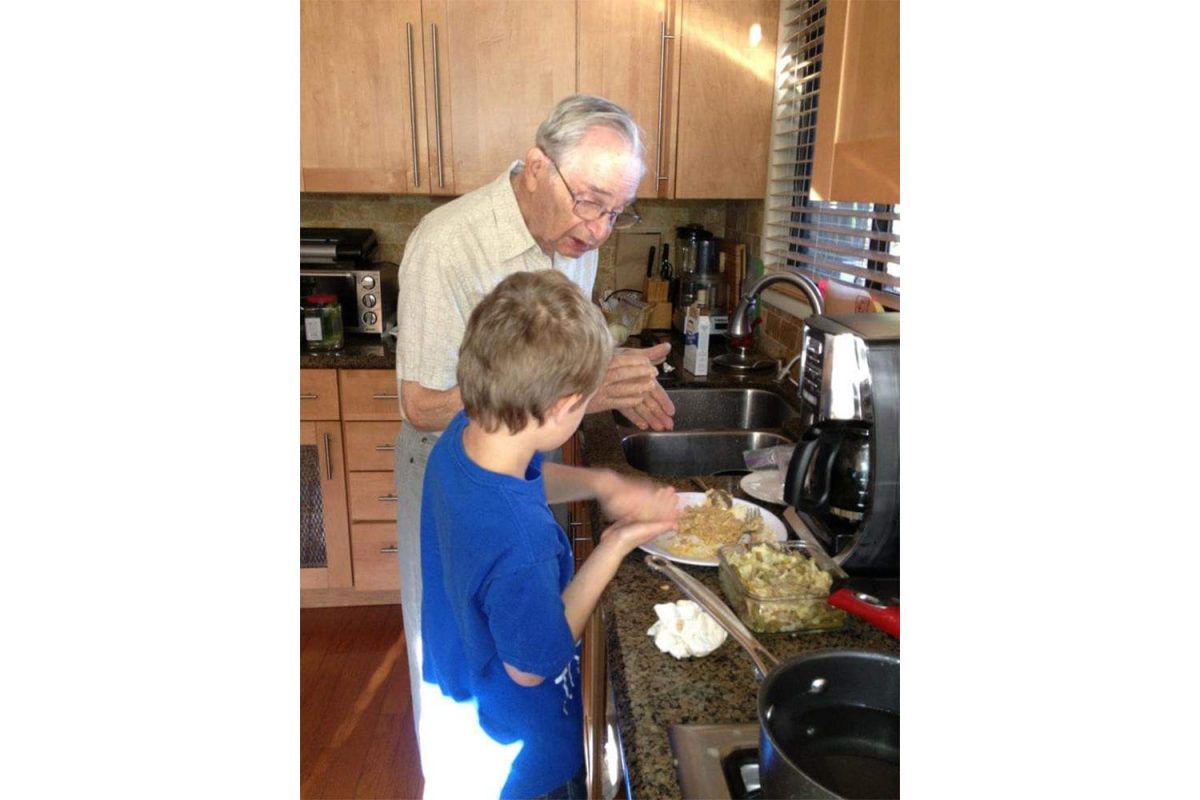Covering the news this semester was a unique experience that we never imagined we’d live through as student journalists. We were optimistic leaving the newsroom last spring, hoping to return to the giant whiteboards, coffee maker and editorial boards by the fall. But journalists are navigating through new challenges and adapting to the environment just as the rest of the world is, and here at The Channels, we were forced to do it all online. Our newsroom experience turned into a Zoom-room experience, and as the semester progressed we were able to find our rhythm and churn out stories every week—covering campus news and local elections, sharing our opinions and giving voice to many members of the City College community. To close the semester, The Channels editorial board would like to share a little about our experiences working as student reporters in an online format.
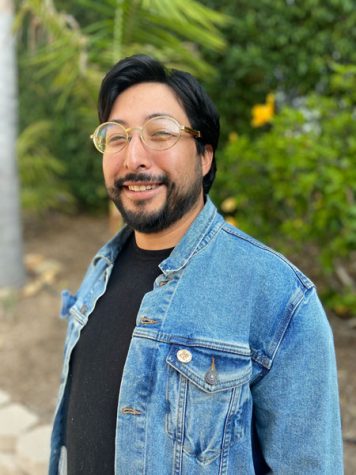 Ryan P. Cruz, Editor-in-Chief
Ryan P. Cruz, Editor-in-Chief
Last March, the pandemic forced a total shift in how we reported the news. Stay-at-home orders meant everything had to be done remotely, and we had many stories fall through the cracks because of events being canceled or other COVID-related complications. Over the summer, I worked with our faculty adviser and previous editors to find a way to keep The Channels’ quality student journalism in the face of these challenges. We had a smaller staff of editors and writers and only two photographers to share the workload, but we managed to do some outstanding work—covering elections, college government and even going into the community and filming our Voices videos. The work that went into the production of this content took a great deal of coordination and communication, and the editorial board spent countless hours on Zoom calls ironing out our weekly budgets. It was exhausting at times, but those late nights and early mornings will prepare us for a future in journalism, and the experience we got covering the news during this historic year will carry on for a lifetime. It was a blur—it seems like just yesterday that we were signing on to or first ed-board meeting, unsure if we would be able to pull it off—and it seems like every week in 2020 brought another life-changing experience, but looking back I am so proud of myself and my staff for our work this fall. I want to thank our department chair Patricia Stark, faculty adviser Josh Molina, Lab Teaching Assistant John Rose and all of our editors and staff for all their hard work and dedication to providing the news to City College.
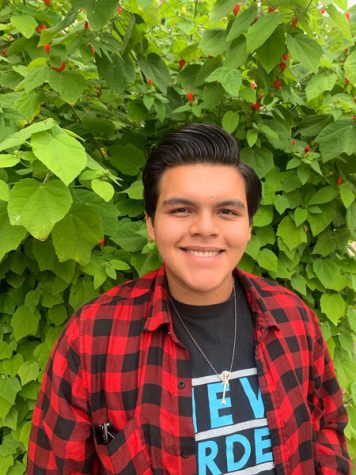 Rodrigo Hernandez, News Editor
Rodrigo Hernandez, News Editor
Although this has been one of the most tumultuous years in recent history, I am grateful that I was able to not only continue my education online but also able to report on City College and the community. The most glaring difference between reporting for this semester and for last semester is the fact that we are all reporting, writing, and publishing from home. Normally, we are all in the lab, working on our assignments, or reporting at City College. This semester, our instructor Josh Molina recreated the lab in a virtual setting using Google Slides and Bitmoji, which helped make us feel like we were somewhat together again. Reporting from home meant countless emails, zoom interviews, and phone calls. It’s funny how we take even the littlest things for granted, such as being able to walk to an instructor’s office for a quote or basking in the view of the Pacific Ocean from one of the college’s multiple overlooks. Covering online events may be more convenient since we are at home, on our couches, and, admit it, in pajamas. However just staring at your screen for a couple of hours allows you to be easily distracted or fatigued, which can affect your reporting on the story. I find that if you are in a physical meeting or event, you are much more likely to have high-energy for interviews and quotes since you are in the moment. Although we had a small staff for this semester, I believe that we worked diligently and did our best efforts on continuing to report on City College and the community. Especially in times of confusion and excitement, it is important to report on those events. Reporting not only serves as a record of events and individuals, but reporting is also able to empower those who feel powerless.
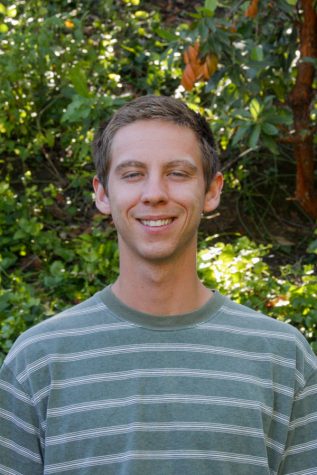 Jacob Frank, Opinion Editor
Jacob Frank, Opinion Editor
The pandemic opened up many doors for me to experiment and reconstruct the opinion section of The Channels this semester. Nobody was short of an opinion while the world went on lockdown and the national election hit the global stage. Opinions can either carry a lot of weight politically or they can be playful and informative: “Should so-and-so be elected as a Supreme Court justice?” compared to “Cats vs Dogs?” I felt as if I held a lot of responsibility leading a section that could be very influential during these times, by almost doubling as a source of news. At the same time, I was covering the College Planning Council meetings and other news stories. The pandemic transformed the way we do interviews and robbed us slightly of the interactive aspect of journalism, but it did make some things easier. I was able to conduct four or five interviews, including one with our superintendent-president, in a day or two. I didn’t have to meet each person individually, which was especially helpful since I spent my semester an hour away from Santa Barbara at my aunt’s house in Thousand Oaks. It’s cool to see that I could still be a watchdog of City College leadership and cover news in Santa Barbara while being somewhere else, because it is no less important to be a journalism student just because the college isn’t what it used to be, or because our classes don’t feel as real.
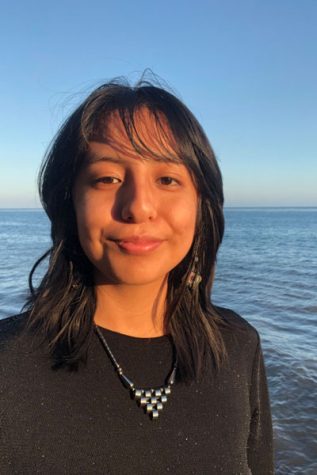 Alloy Zarate, Features Editor
Alloy Zarate, Features Editor
The reality on how hard reporting during the pandemic is didn’t hit me until about five weeks into the semester when I was up at 3 a.m. sending emails to make sure I had enough sources for the upcoming week of stories. I can’t just walk into people’s offices or wander the campus to find interesting people to write about anymore. Sometimes I had to rely on my memories of people I met last semester and people who stood out in local news. I recently looked at all the stories I wrote this semester and noticed that I mostly wrote about women. It makes me really happy that I was able to highlight marginalized voices on campus, even while working alone in my childhood bedroom. I hope sharing their stories is able to impact others the way it has impacted me. But It wasn’t all smooth sailing. Some days I just didn’t feel like logging on to Zoom but I felt like I couldn’t take a break because that would mean someone else had to take on a larger workload. I had to push myself and I learned a lot from it. My favorite part of being a journalist is getting to talk to so many different kinds of people that I would never have met otherwise and getting to be a part of their journey like they are a part of mine. The pandemic didn’t take that away.
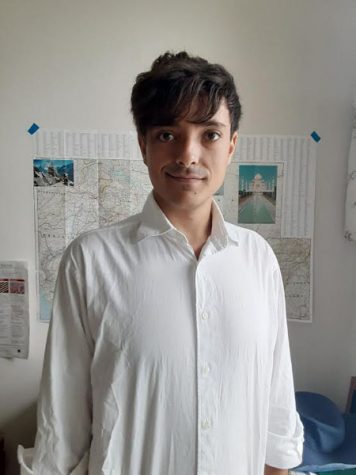 August Lawrence, Arts & Entertainment Editor
August Lawrence, Arts & Entertainment Editor
I’m not going to lie, coming into a virtual and remote semester seemed quite daunting as a first-time editor on The Channels. In the past, the paper had me reviewing three shows a month with on-campus interviews and frequent daily check-ins with multiple sources. As the new Arts & Entertainment section head, I was not looking forward to a semester with no officially scheduled art shows or music and theatrical performances. It was a situation that felt like my position would be obsolete, at least for this remote semester. However, while reporting and editing remotely was a real challenge, I couldn’t feel more fortunate. The news did not take a break because of COVID-19, and neither did we. This experience helped prepare me for the real world. Having a smaller editorial staff forced us to sign in every day to work on the paper. The inability to physically barge into an office and demand an interview forced me to get creative with how I found a source. I even learned to competently navigate Zoom, Skype, Instagram and other online social platforms as a means of communication and outreach. Although this semester was challenging and pushed me in ways that I never thought possible, I am very grateful that I experienced it and that I lived to tell the story.
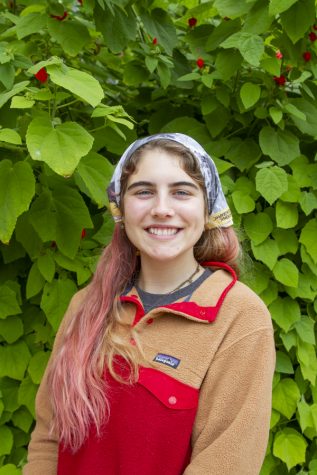 Desiree Erdmann, Photo Editor
Desiree Erdmann, Photo Editor
To put it lightly this semester was difficult. If you don’t count all the times somebody’s Wi-Fi went out, the Zoom calls were not too much of a problem—it was the photos. Because of the pandemic, people did not want to meet in person (and respectfully so). But it makes my job as the photo editor and photographer here at The Channels very difficult. We are a student-run paper and we want every student to be able to gain as much experience as possible while they are a part of The Channels, for our aspiring photojournalists the beginning of the semester felt like a sea of rejection because it felt like we had to beg people to let us take their photos, or people just didn’t respond for weeks. Towards the end of the semester, it got easier and more people were willing and comfortable and more photos were taken with less rejection. I do believe that it was very important to go through that. It taught me and others on the staff why we are really here, why we want to be a part of The Channels. We do it because we are dedicated to journalism and shining the spotlight on new individuals, covering the news this last semester wasn’t just a unit in the curriculum, every day was a new way of doing things that we all worked out together. News doesn’t stop for anything and because of that journalists won’t stop covering it even if there is a pandemic going on.


